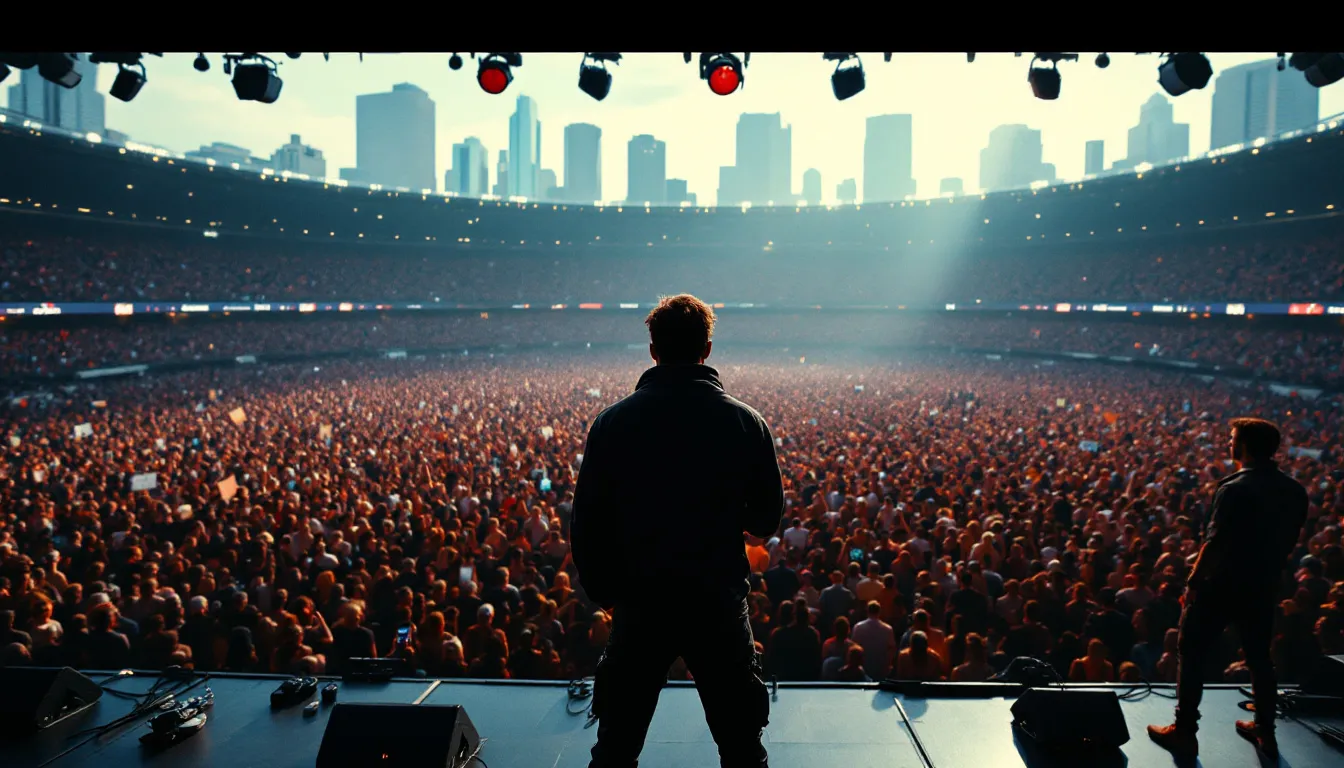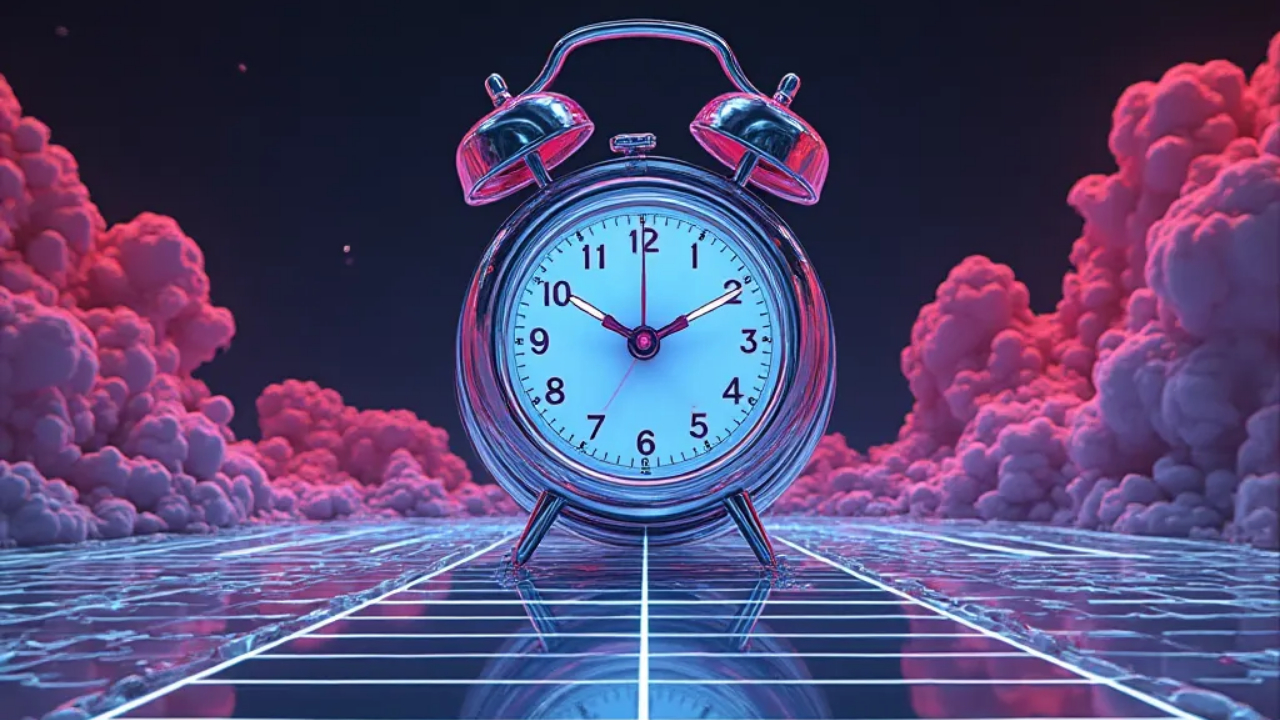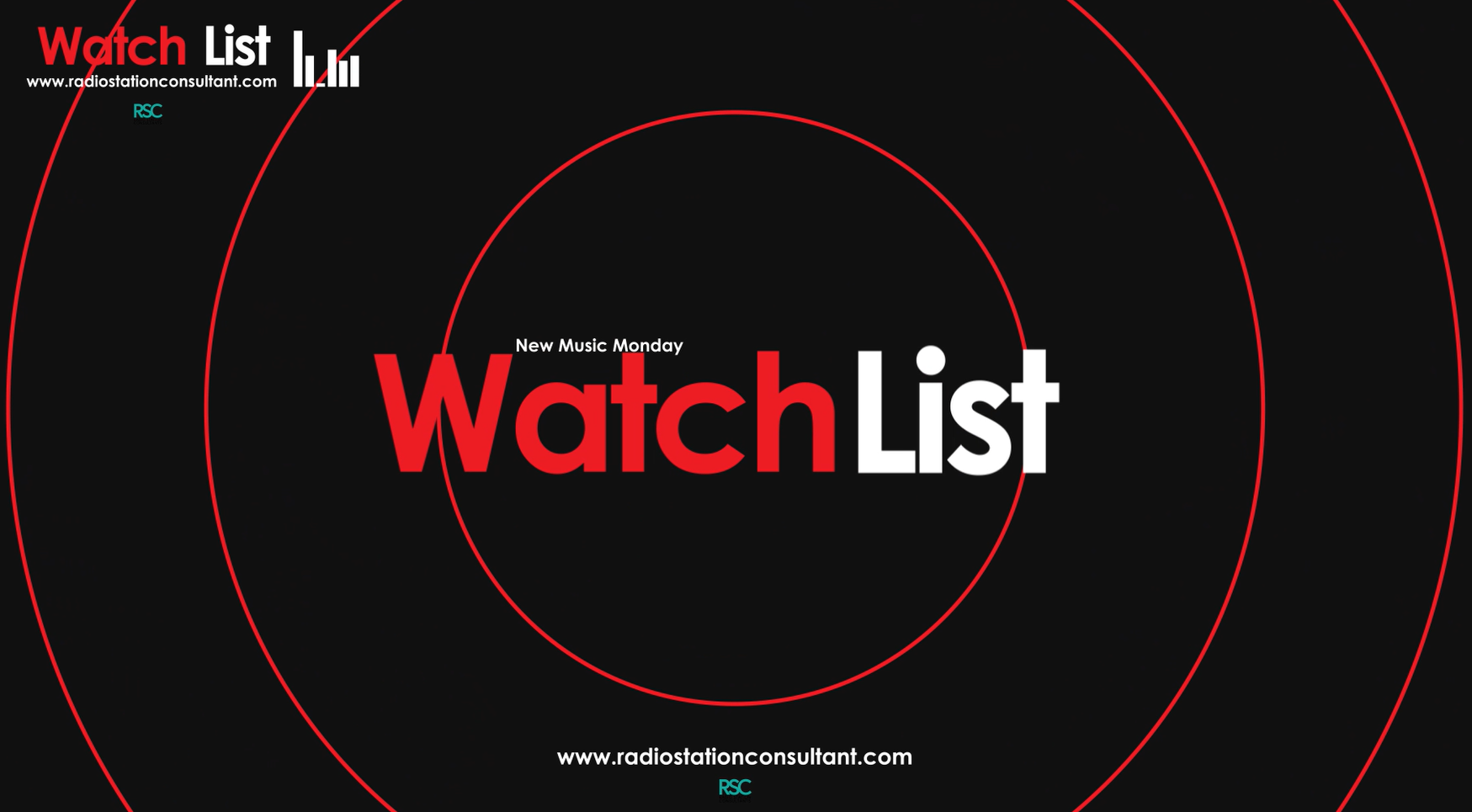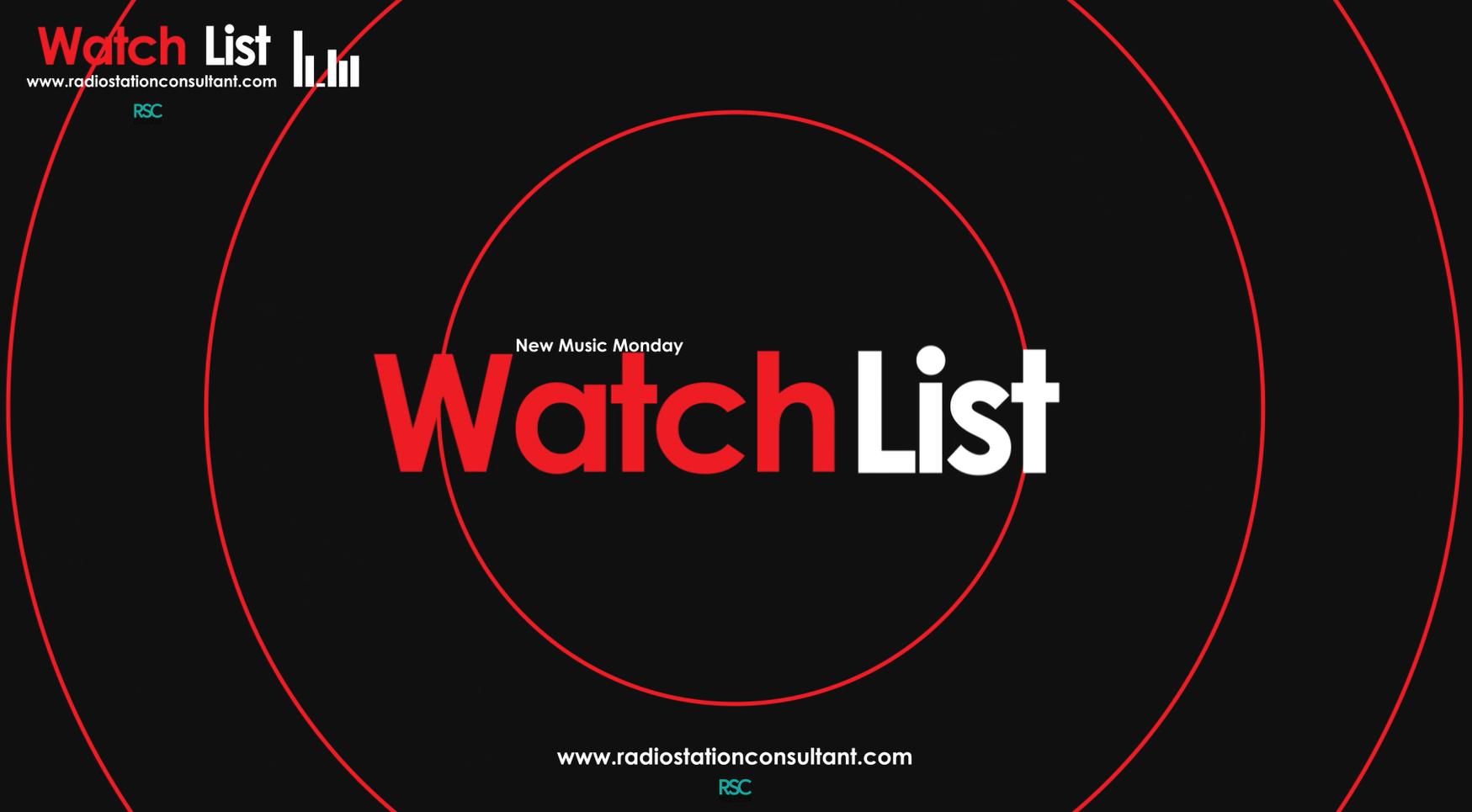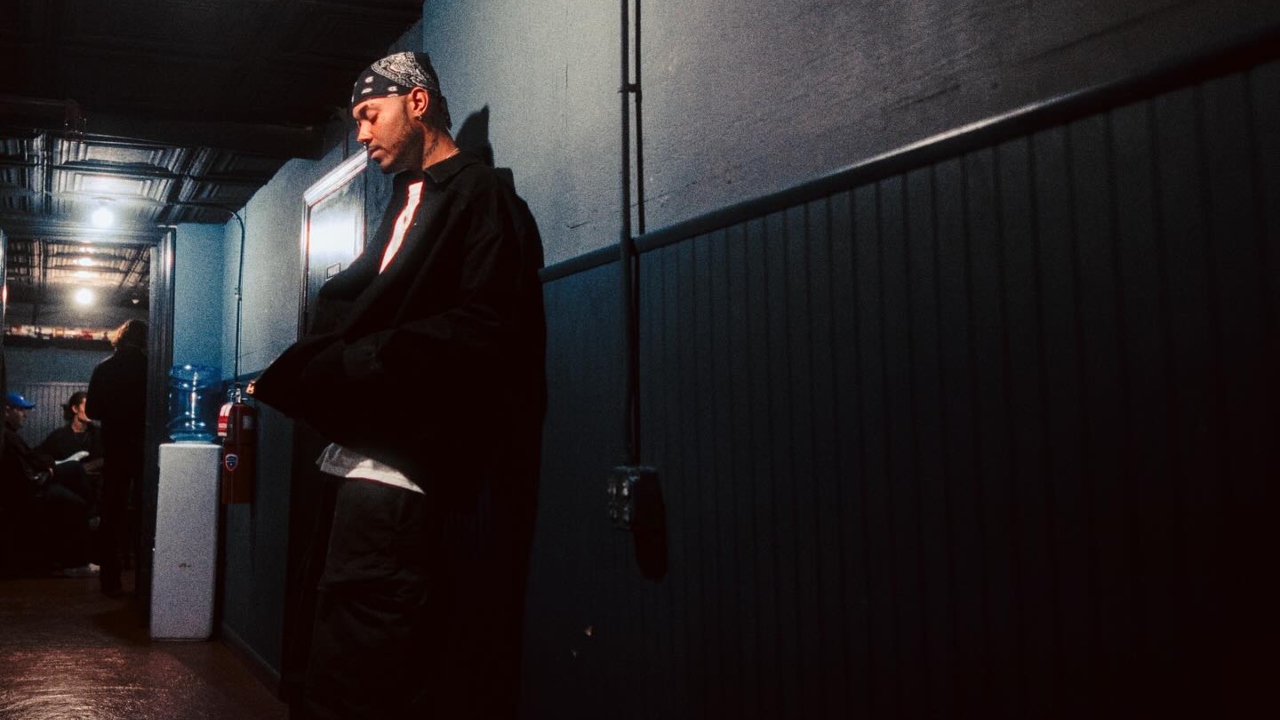Are you one of those (many) personalities who take show prep for granted? You’re convinced that if you have a list of topics in front of you, you’ll be able to “feel it and wing it.” Or you want to be “in the moment” with a “spontaneous take” and not sound scripted or rehearsed. Yeah, those ad-lib skills will turn each break into radio gold. You’re not sure exactly how the break will happen, but you know it will be good, because you’re a pro. You’ll figure it out as you go and identify the high point when it happens. Okay. Good luck with that. Maybe this will help put show prep in perspective.
Imagine being asked to deliver a message to a jam-packed stadium before the start of an event. 75,000 fans are gathered to watch a game or concert, and you have a chance to influence them or at least make an impression.
You can say anything you want. There’s no time limit, but it has to be tight because they’re not gathered to hear you speak. If you take too long, they’ll get restless, loud, and even boo. You’re part of the environment at the event.
You’re feeling the pressure of competing to get the crowd’s attention. This is an opportunity to cause them to know and remember you. The last thing you want is to embarrass yourself or your brand. Do you plan what you will say? How would you prepare for that moment in the spotlight? How much would you rehearse? Would you visualize the moment you take the stage?
Your hands are sweating, maybe even shaking. At the last moment, you go over the plan one more time.
You’d never wing it, would you? Would you count on your personality, charm, and ability to be “in the moment” to carry you through? Would this be adequate preparation?
I’ll talk about the event and the station. No problem. I got this. It’ll come to me when I get on stage and feel the crowd.
No. You would think it through, carefully crafting words and phrases to get it right.
Preparing The Message
What would you talk about? Yourself? What was happening backstage? What did you binge-watch on Netflix? Or would you make a connection with the crowd based on the event they’re attending and their interests?
How long would you plan for the duration of your message? Do you need 13 minutes? 5 minutes? 3 minutes? Or would you consciously keep it succinct, focused, and meaningful, realizing that impact has nothing to do with the length of performance? Your performance will make the event better or get in the way. You will win fans or lose them.
Planning Your Show Is More Important
You’re probably talking to a larger audience on your radio show than the one gathered in that stadium. There’s more at stake, more breaks, and more opportunities to win them as fans or lose them to other choices. Your audience is also distracted. Some may be there to hear what you say, but most are tuned in as a background companion. You’re part of the entertainment package.
Yet most personalities go on the air each day unprepared for a show but fully prepared with excuses:
I’m only doing three breaks an hour, and talking over intros. I don’t need much time to prep. In fact, a lot of times I just voice track so I can manage Facebook.
We don’t plan our show. We want the magic to be spontaneous.
A chance to influence audiences is a gift. Respect it, and don’t blow it. Preparation is the key to success.
Show Prep Is Muscle Memory
Preparing a radio show is a grind that demands commitment and discipline. It takes 3,000 swings on the driving range to prepare to hit a golf ball 80 or 90 times on the actual course. Repetition creates muscle memory so the golfer can perform without thinking.
Ed Sheeran is at the top of his game. His ability to connect emotionally to an audience through music is undeniable, but it took a lot of work to get to the top. He says:
I used to play five or six gigs a week, just playing to nobody for no pay. But I got better and better and better.
Some say it takes 10,000 hours of deliberate practice to develop the skills necessary to become proficient. Preparing content each day, focusing on excellence, develops muscle memory for performance. There are ways to shorten the show prep process, but you can’t get away with skipping it. There’s too much at stake.
Conclusion
Every time you turn on the microphone, it is an opportunity to influence more people than a stadium full of listeners. Even that first break of the day at 5:35 am, when you’re just getting warmed up. Every break matters.
More people are listening than would be packed into an arena. And while they’ve chosen your station, they are preoccupied with other tasks in the foreground. Winging it doesn’t work. Hoping to find a great moment in the content will not win the contest for audience attention.
Think about that as you prepare for tomorrow’s show.
Pic AI generated by Envato Labs.


